Radical feminists cling to notions of biological essentialism: that there is a common core of experience that all cisgender women share, and that male-to-female transsexuals can never participate in this and thus always are and will be males. It's not exactly clear when kicking the political crap out of trans women became either "radical" or "feminist," but it probably originated 40 or so years ago with Janice Raymond's book The Transsexual Empire.
That initiated a period in my life in the 1980s and '90s when it was virtually impossible for me to attend any lesbian or women's event without someone bringing up that book and its noxious arguments. A long, impassioned debate about me and the meaning of my body and my attendance would ensue, often by very well intentioned women, and as often as not ending in my being publicly asked, or told, to leave.
This kind of debate is pretty much the same trick Michelle Goldberg pulls off in the controversial New Yorker piece, "What Is a Woman?" The article details the trials and tribulations of self-described RadFems against trans activists and their allies -- apparently it's becoming very difficult to participate in polite society. She quotes both sides at length (well, sort of), being very well intentioned in moderating the "debate," as if the arguments put forth are equally valid and neither she nor The New Yorker need take sides. Her tone is one of utter moral passivity.
In effect, it's precisely the kind of article that would have been run 20 years ago about gays and lesbians. It would have quoted homophobic bigots saying that homosexuality was a disease and/or a lifestyle choice, and gay rights activists saying otherwise, and both sides would have been given equal treatment.
In other words, this article is -- in its quiet, quasi-liberal intelligentsia way -- nearly as transphobic and bigoted as the RadFems whose trials it covers.
But interestingly, these RadFems are finding themselves on the wrong end of history. An ever-dwindling segment of polite society is willing to continue refusing to acknowledge transgender people. We're not exactly taking the courts by storm, as is the case with gay marriage, but we're definitely on an upswing here. Who knows, "normal" might be just around the next few corners.
As a result, RadFems are going through -- well, pretty much exactly the kind of thing I did 20 years ago. Every time they show up at an event, particularly at lesbian or women's groups, someone brings up RadFems' noxious arguments. A long, impassioned debate about them and the meaning of their positions and attendance ensues, often by very well-intentioned women, and often ending with them being asked (or told) to leave.
Even Raymond herself is now being disinvited to and barred from events. I mean, does the long arc of the moral universe bends toward justice, or what?
Today's truly radical feminism is being waged by young people who see transgender rights coextensive with theirs.
For example, when a Quaker college refused to acknowledge the transition of a young FTM and insisted he was still female, student protesters repeatedly turned out to protest the decision and have dogged the administration's every step. They've picketed with signs that read, among other things, "Trans Rights Are Feminist Rights." When I read that, it kind of takes my breath away on several levels.
The trans-haters aren't done yet by any means. But the tables are turning. Transphobes are set to become the new trannies. Watch out what you wish for. What goes around comes around. Yes, it does take nearly forever. Revenge really is a dish served cold. But it does come around.
Now, will someone please pass me another plate of cold RadFem revenge?
RIKI WILCHINS is an activist, stand-up comedian, and author of Read My Lips.
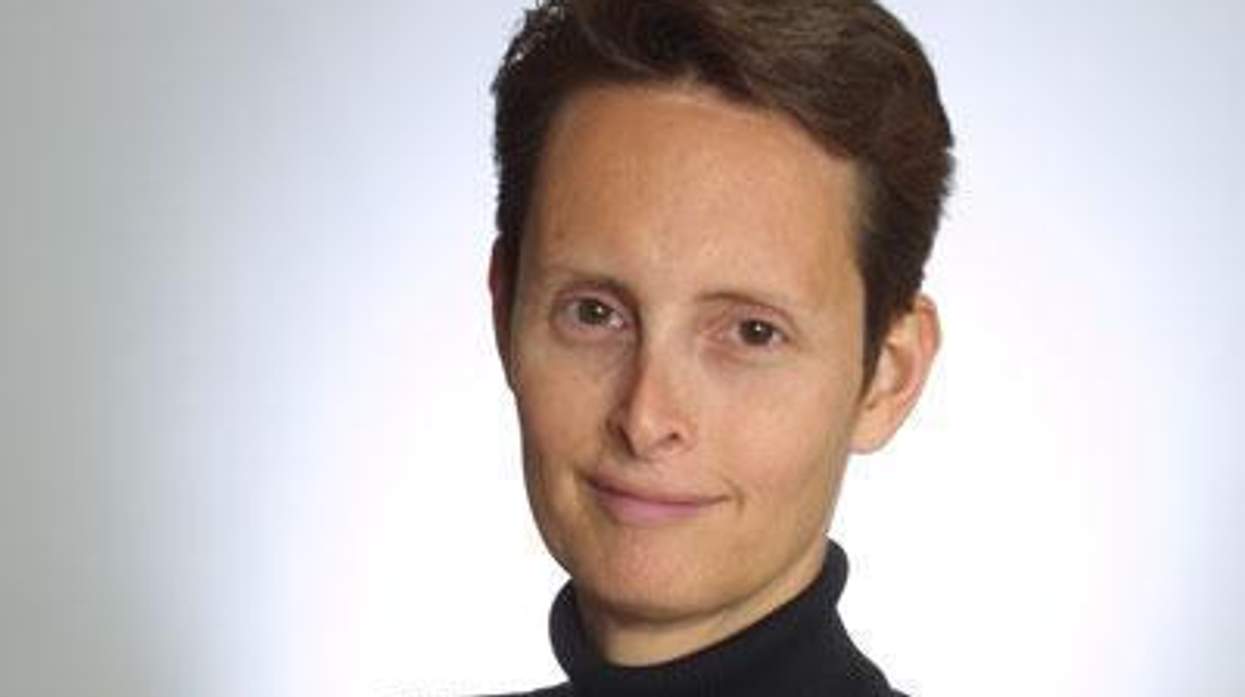










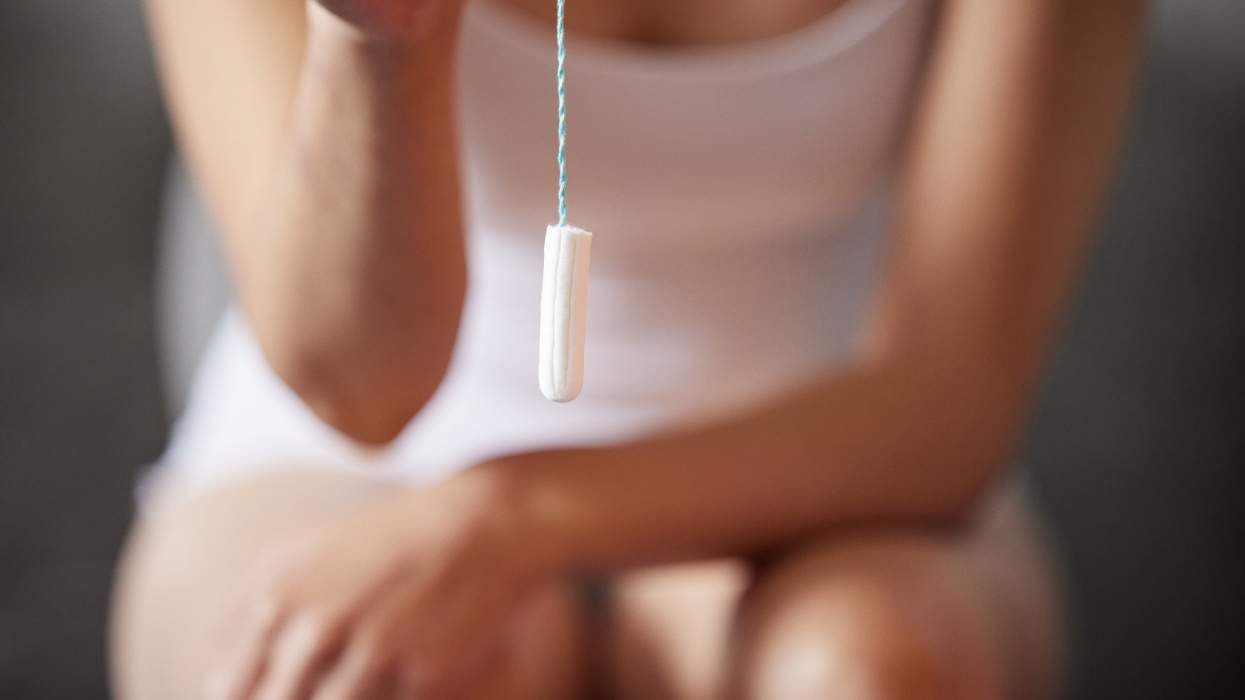

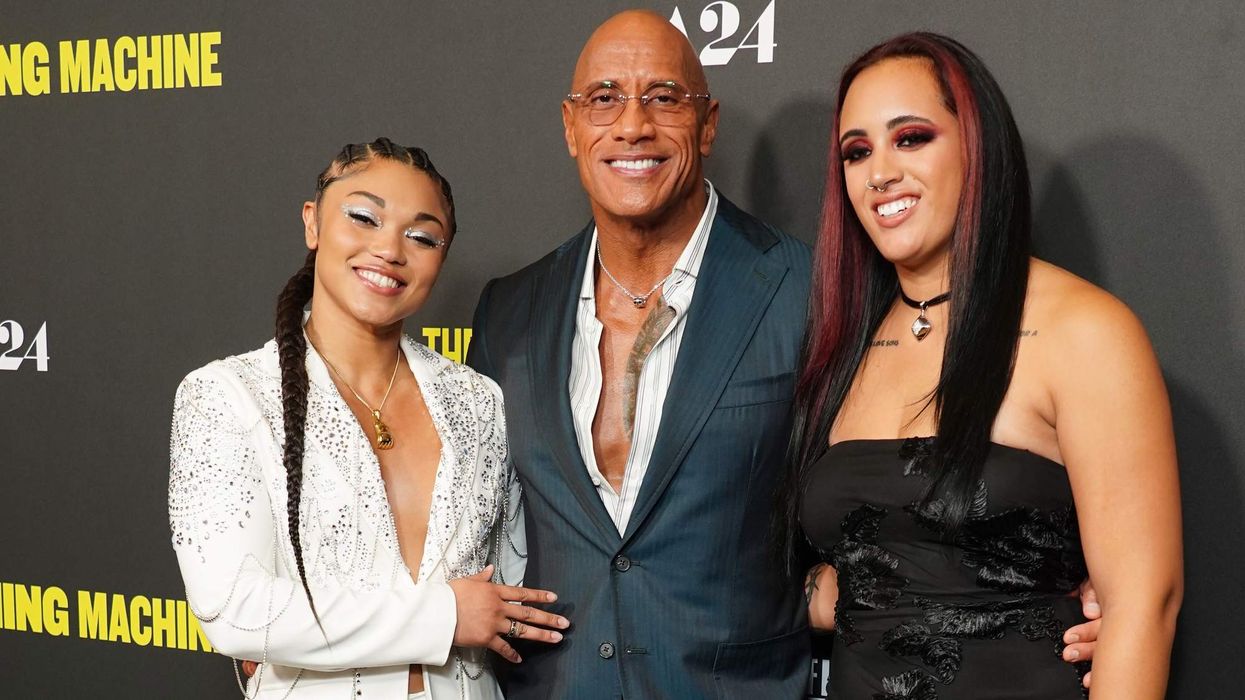
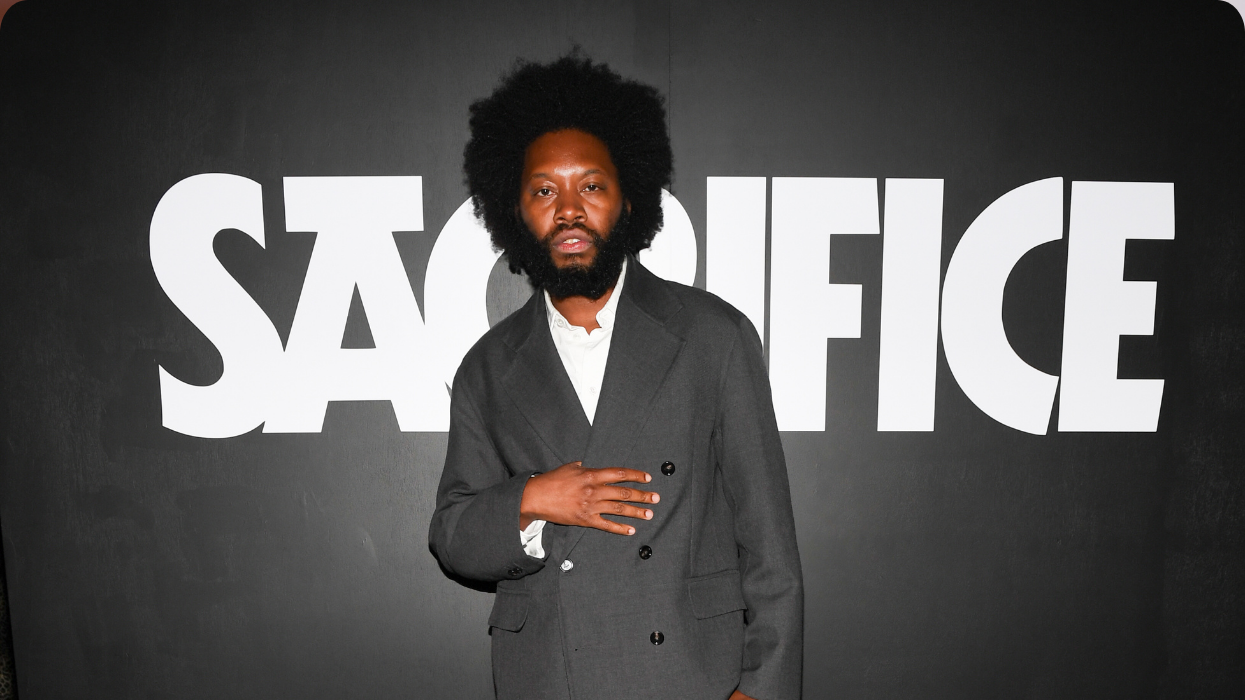
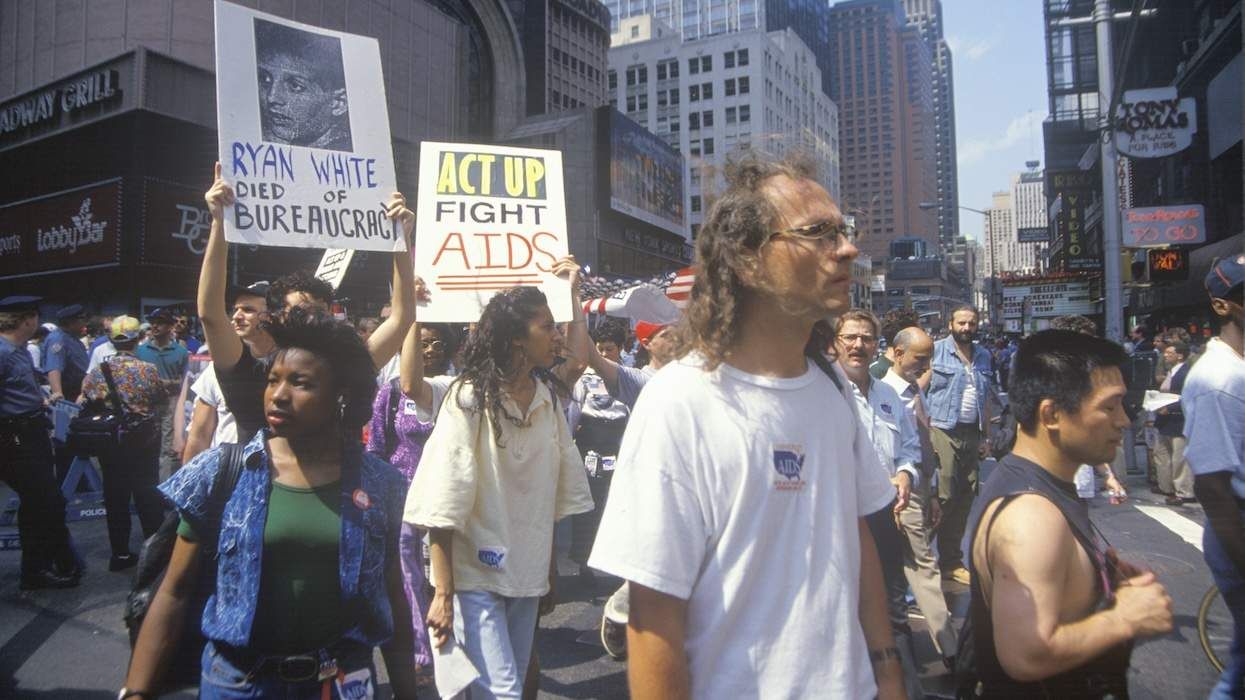




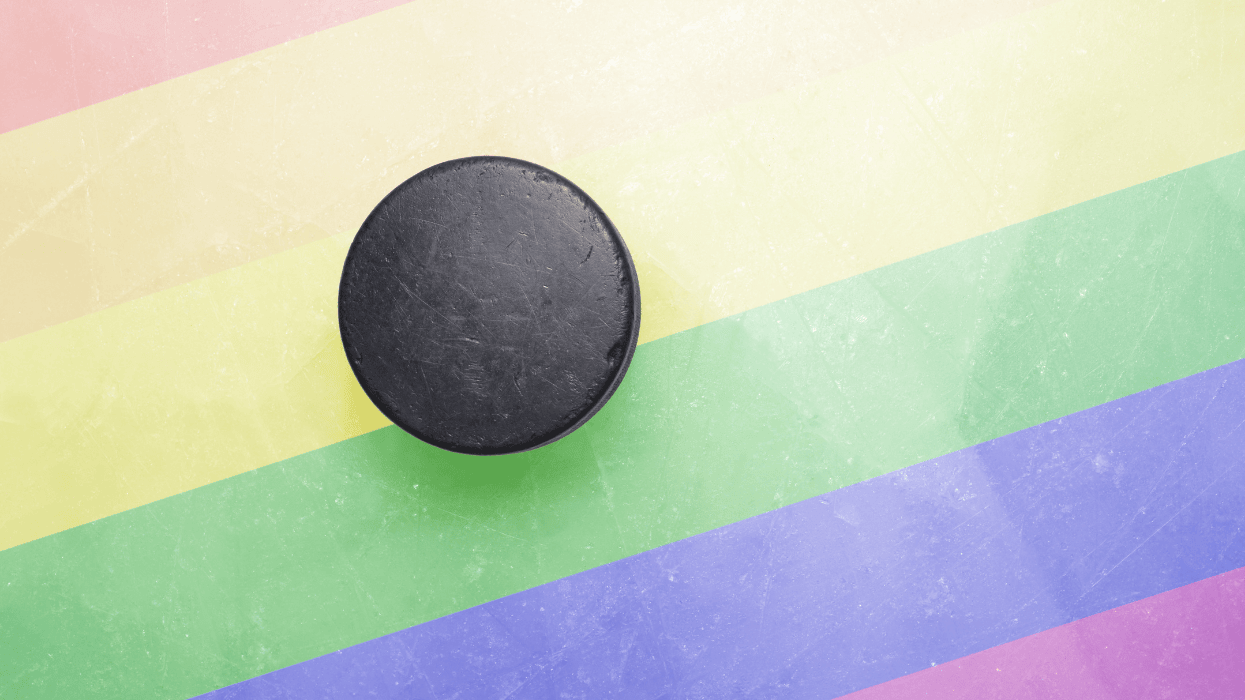

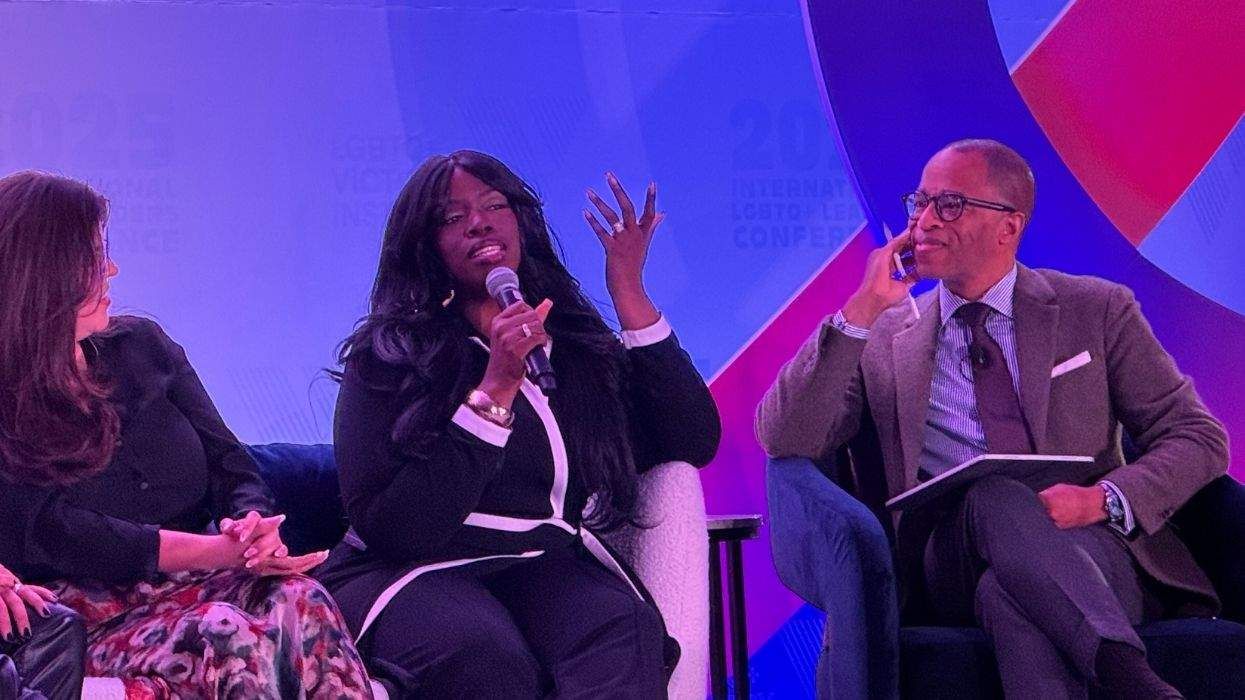
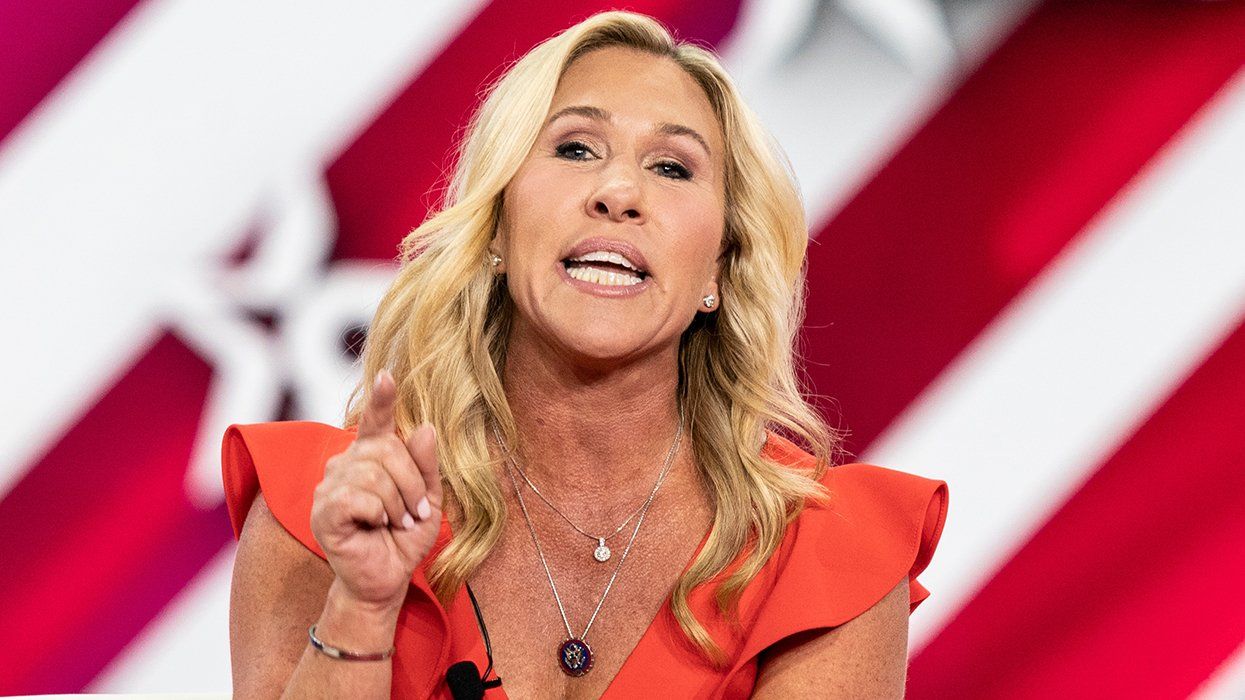
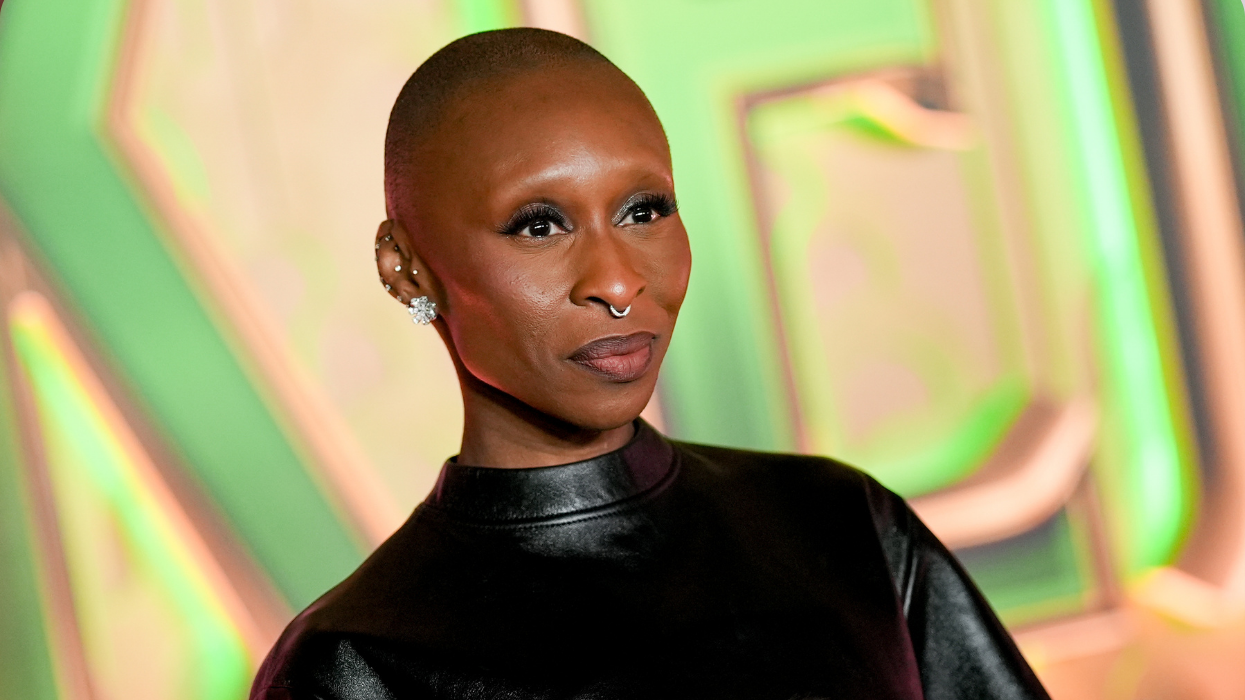

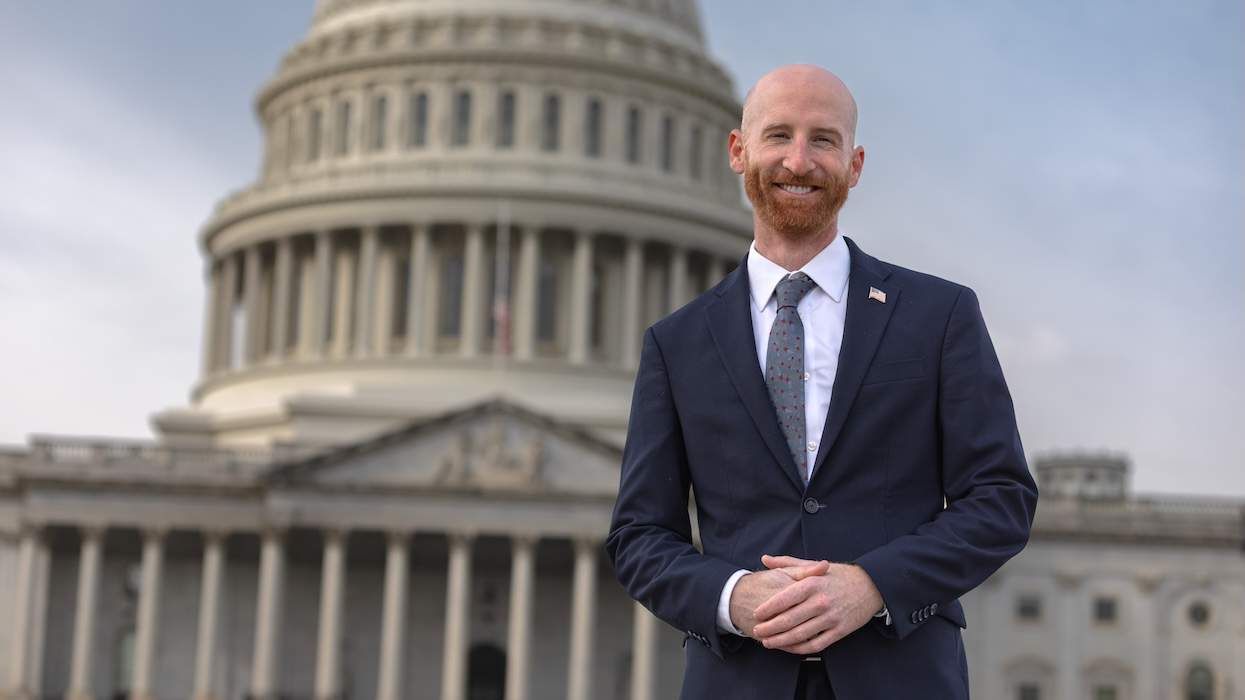
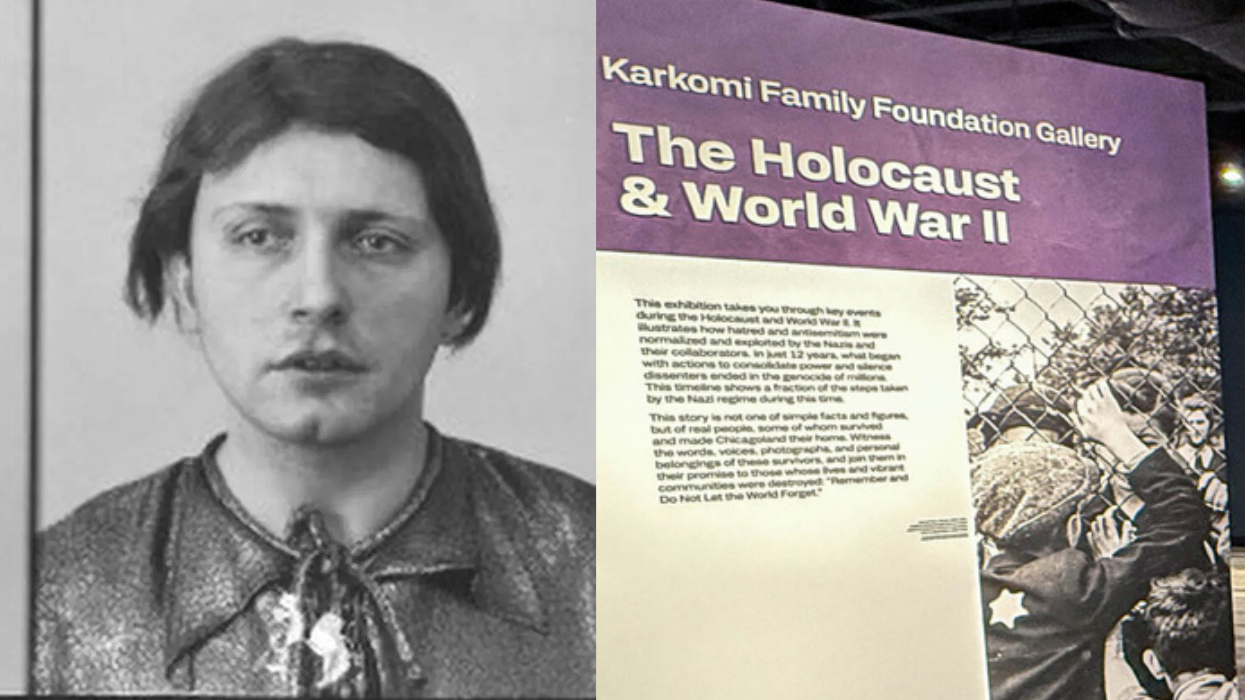



















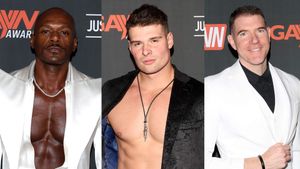




















Charlie Kirk DID say stoning gay people was the 'perfect law' — and these other heinous quotes